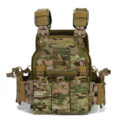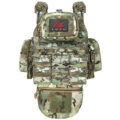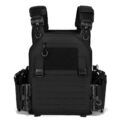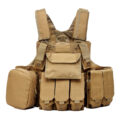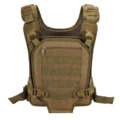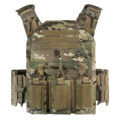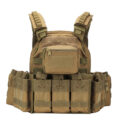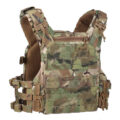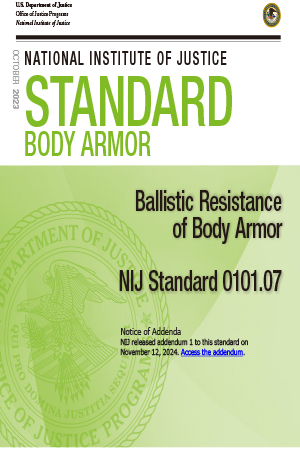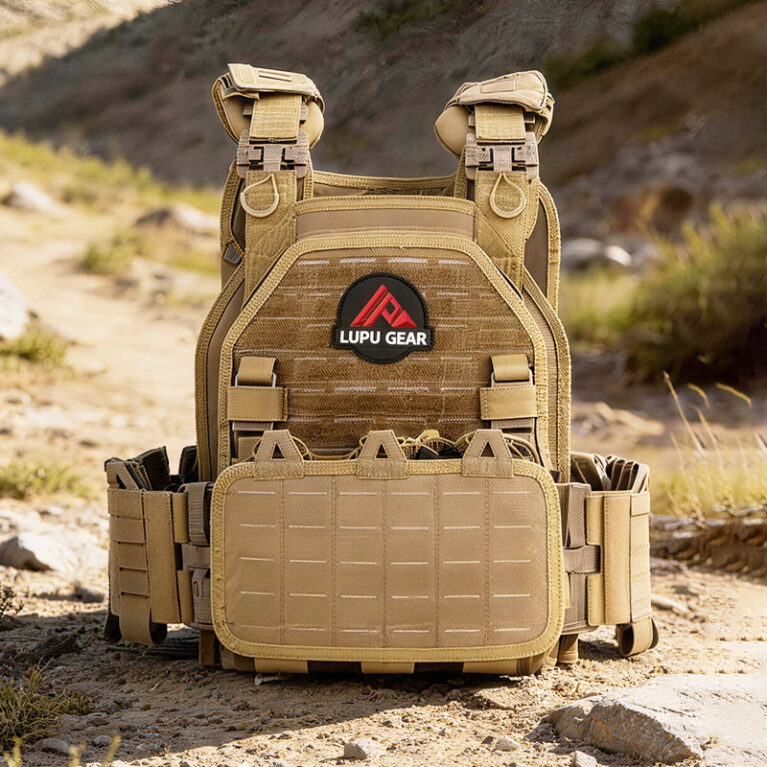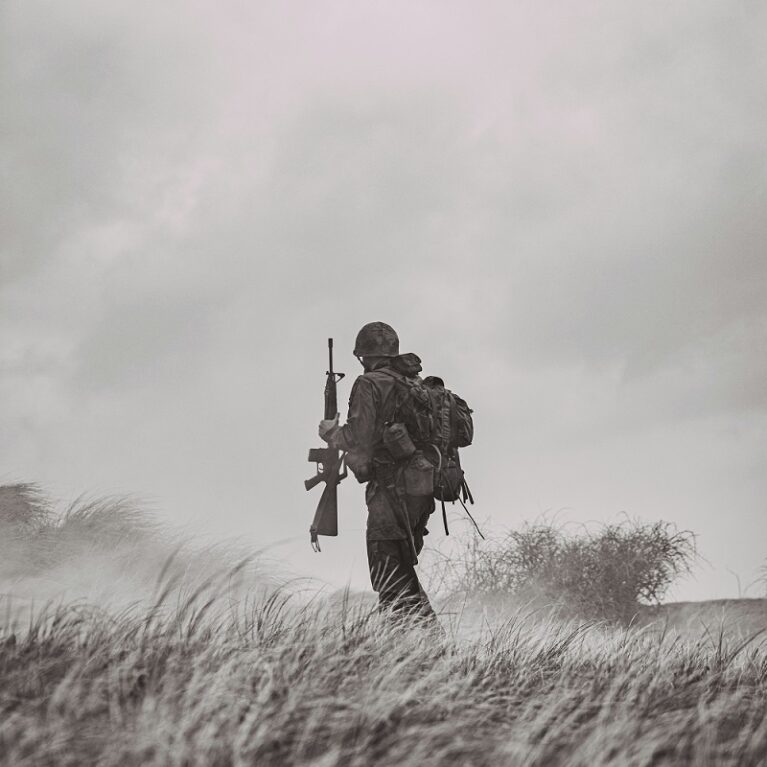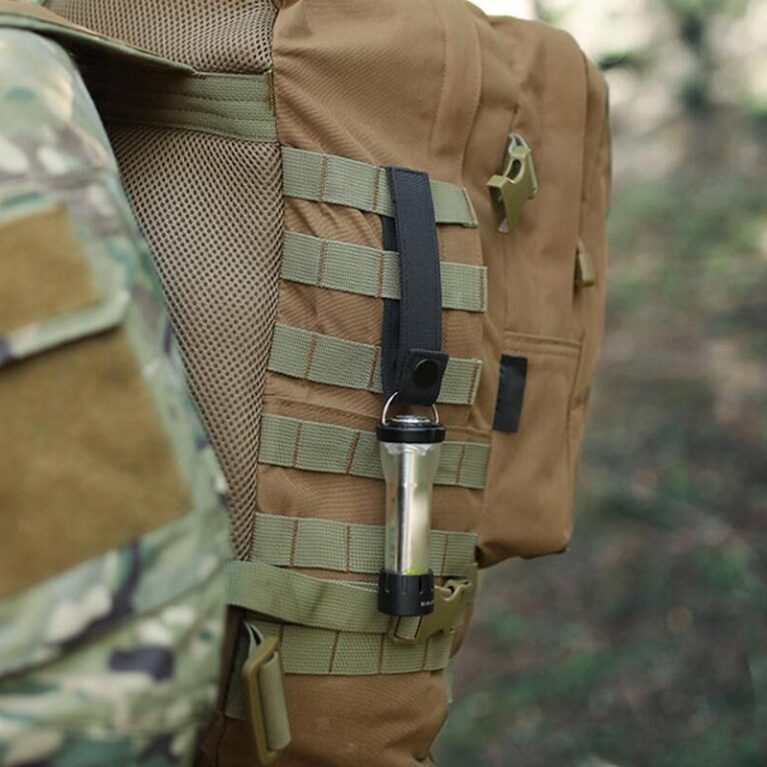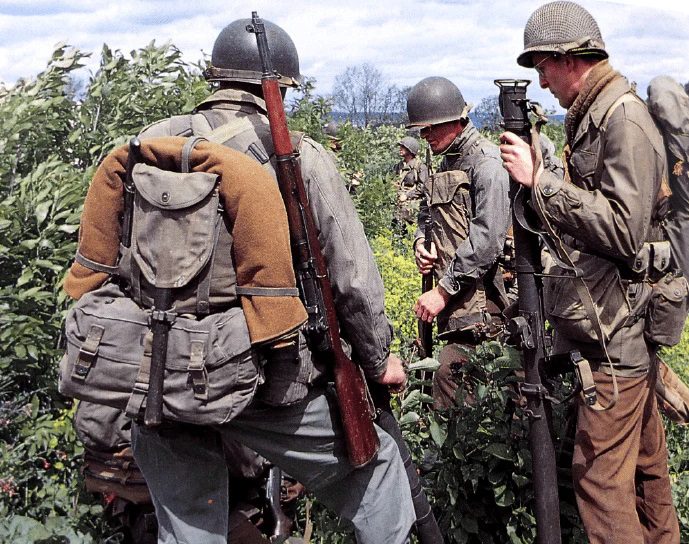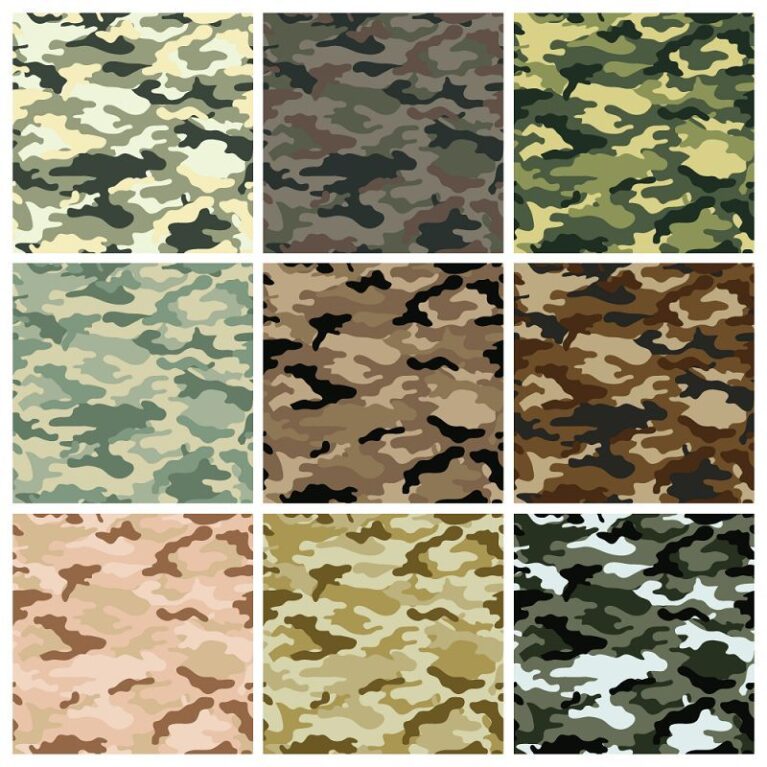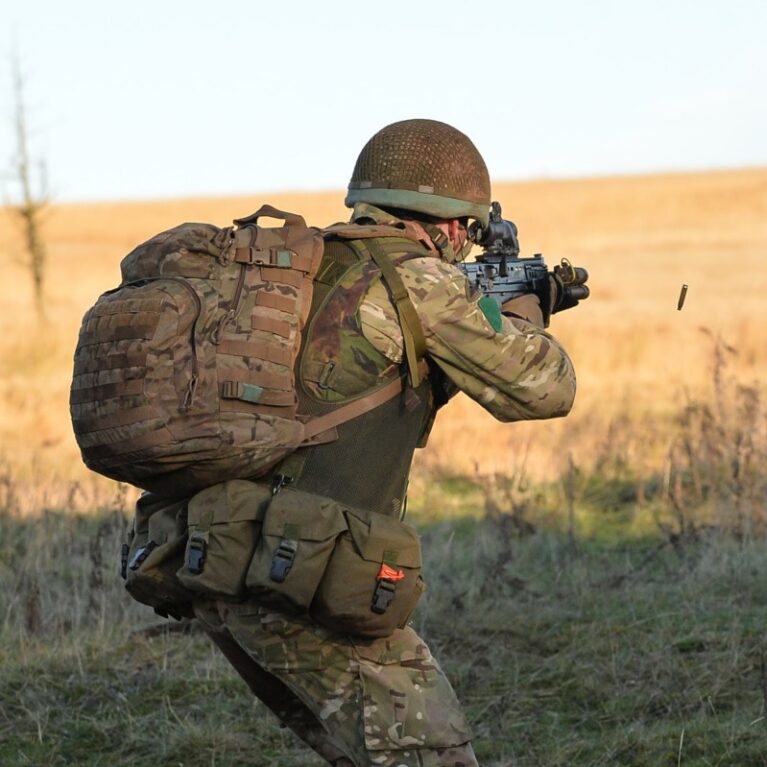When it comes to body armor and ballistic protection, the USA National Institute of Justice (NIJ) standards are considered the gold standard for safety and performance. However, understanding these standards can be confusing, especially for those new to the field. Whether you're a law enforcement officer, a security professional, or a member of the general public with an interest in personal protection, it's critical to understand what the NIJ standards mean and how they can affect your equipment choices.
In this article, I'll answer the 10 most common questions people ask about the NIJ Standards to help you make a more informed decision when choosing protective equipment.
1. What are NIJ standards?
The NIJ Standards are guidelines developed by the National Institute of Justice (NIJ) to evaluate the performance and safety of body armor, ballistic helmets, and similar protective equipment. These standards ensure that products meet specific levels of protection against bullets, stabbing threats, and other hazards.
Manufacturers of tactical products typically test their products against these standards to obtain NIJ certification, which gives buyers confidence that their equipment meets reliable, government-approved safety benchmarks.The NIJ standards are updated regularly to reflect advances in materials and threats.
2. What are the different NIJ protection levels (e.g., Level II, IIIA, III, IV)?
NIJ protection levels are categorized according to the type of threat the vest can stop. level II protects against 9mm and .357 Magnum rounds, while level IIIA protects against high-velocity handgun rounds such as the .44 Magnum. level III is designed to protect against 7.62mm NATO-caliber rifle rounds, and level IV provides the highest protection, capable of defending against .30-06 armor-piercing rifle bullets.
Here is a simple table summarizing the different NIJ protection levels and their main features:
| NIJ Level | Protection Against | Common Rounds | Typical Use |
| Level II | Low-velocity handgun threats | 9mm FMJ, .357 Magnum | Soft body armor for law enforcement |
| Level IIIA | Higher-velocity handgun threats | .357 SIG, .44 Magnum | Soft armor, some tactical vests |
| Level III | Rifle threats | 7.62mm NATO FMJ (M80) | Hard armor plates (ceramic/steel) |
| Level IV | Armor-piercing rifle threats | .30-06 M2 AP (armor-piercing) | Hard armor plates, military use |
3. What types of threats does each NIJ level protect against?
NIJ levels of protection address specific ballistic threats. Level II protects against common handgun rounds such as 9mm and .357 Magnum.Level IIIA stops higher velocity handgun rounds such as .44 Magnum and 9mm submachine gun rounds.Level III stops rifle rounds including 7.62x51mm NATO (.308).
Level III protects against rifle rounds, including 7.62x51mm NATO (.308).Level IV is designed for armor-piercing rifle rounds such as the .30-06 AP.Each level has been rigorously tested to ensure reliable performance against the specified threat.The higher the level, the greater the range of protection, but at the cost of increased weight and reduced flexibility.
4. What are the testing procedures for NIJ ballistic standards?
NIJ ballistic testing involves firing a sample of armor at a set velocity and distance using a specific type of ammunition. The test laboratory fires multiple rounds at different locations on the armor to assess its ability to withstand the rounds without causing excessive deformation (blunt damage) to the backside.
The armor must be able to prevent complete penetration and keep the back indentation within safe limits. Tests are conducted on both new and treated (worn and weathered) samples to ensure their performance under real-world conditions. Only products that pass all tests will receive NIJ certification.
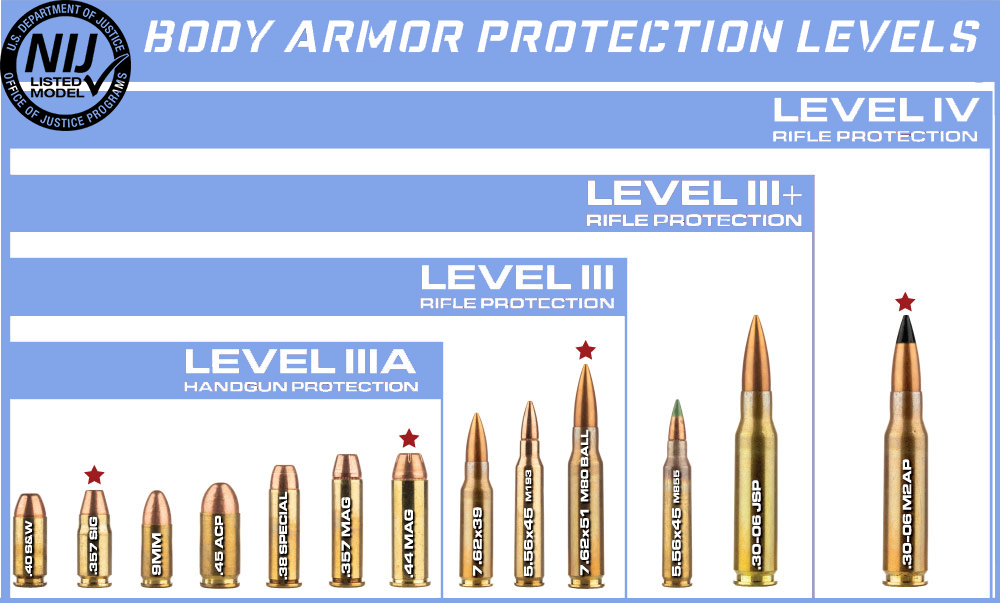
5. What does NIJ-compliant mean versus NIJ-certified?
NIJ Compliant means that the product claims to be NIJ compliant, but may not have been officially tested and approved by the NIJ Compliance Test Program. This indicates that the manufacturer has designed the armor according to NIJ guidelines, but has not completed official certification.
NIJ Certification means that the product has been independently tested at an accredited laboratory, audited by the NIJ, and officially listed on the NIJ Compliant Products List (CPL). Certified products provide proven protection that buyers can trust.
6. What are the NIJ standards for stab-resistant vests?
NIJ Standard 0115.00 specifies stab-resistant undershirts designed for correctional and law enforcement officers who are exposed to edged weapon or spike threats. It defines two types of threats: edged weapons (e.g., knives) and spikes (e.g., improvised knife handles). Stab undershirts are categorized into three levels of protection - Level 1, Level 2, and Level 3 - based on energy level (24-65 joules) and penetration resistance.
The test consists of dropping a standard blade or spike onto the stab-proof undershirt to ensure that the depth of penetration does not exceed 7 millimeters (visible) or 20 millimeters (invisible) at the specified strike energy. The higher the level of protection, the greater the resistance to impact. A compliant stab-proof undershirt is included in the NIJ Compliant Products List to ensure that it is effective against the threat of stabbing.
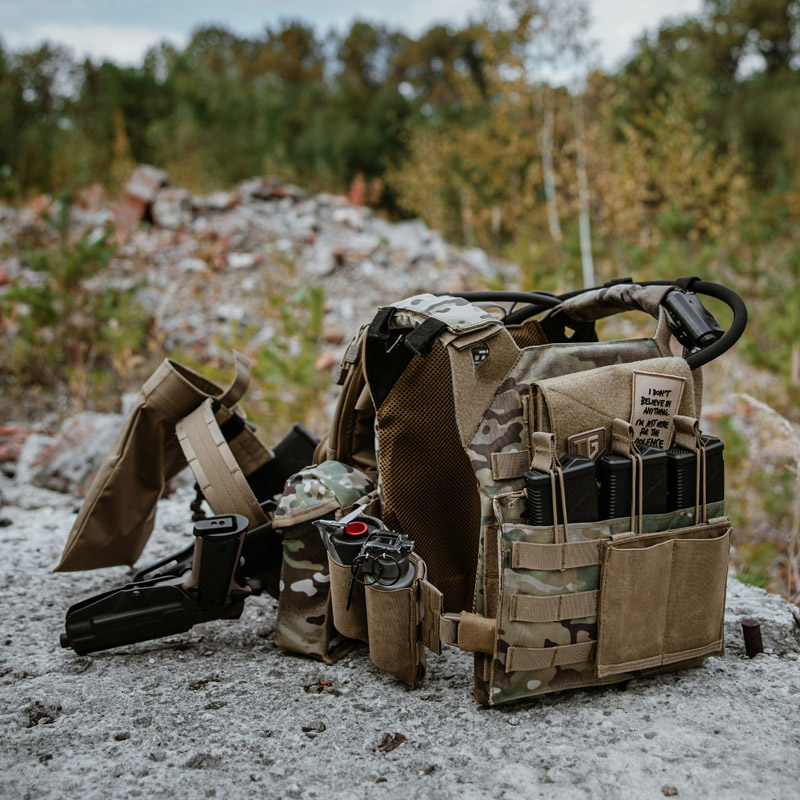
Top 15 Body Armor Manufacturers In The World
Body armor plays a vital role in protecting military personnel, law enforcement and security professionals from a wide range of threats. Modern body armor technology […]
7. How can I verify if body armor is truly NIJ certified?
If you want to verify that body armor is NIJ certified, check the NIJ Compliant Products List (CPL) on the National Institute of Justice website (nij.ojp.gov).The CPL lists body armor models that have been tested and approved by the NIJ Compliance Testing Program (CTP), such as those that comply with standards such as 0101.07 (ballistic) or 0115.00 (stab resistant). Products.
Look for the manufacturer's model number and certification status on the CPL. Make sure the label on the body armor matches the model number listed. Beware of “NIJ compliant” claims, as they may lack official testing. If the model number is not listed, or if you suspect the claims are false, contact NIJ or CTP for clarification.
8. What happens if body armor does not meet NIJ standards?
If body armor does not meet NIJ standards, it may not provide the expected level of protection, leaving the user vulnerable to injury. This may be the case if the vest does not adequately protect against specific types of ammunition or if the back of the vest is excessively deformed.
In addition, products that do not meet NIJ standards cannot legally be marketed as “NIJ compliant” or “NIJ certified,” which may have legal consequences for the manufacturer. Users may also be exposed to safety risks, as untested body armor may not function reliably in actual use. It is vital to ensure that body armor is properly tested and certified to guarantee its effectiveness.
9. Do NIJ standards apply to military body armor?
NIJ standards (e.g., Standard-0101.07) apply primarily to body armor for law enforcement and corrections, not the military. The U.S. military follows separate standards, such as those developed by MIL-SPEC or the U.S. Army Soldier Program Executive Office (PEO), which address battlefield-specific threats and conditions.
While NIJ-certified armor (e.g., Level III, Level IV) can provide similar ballistic protection, military armor typically undergoes additional testing for extreme environments, fragmentation, or specific threats. Military personnel should rely on issued equipment that meets MIL-SPEC requirements, as NIJ standards are not fully compatible with military operational requirements.
8 latest body armor/tactical vests for 2025 click on the images below for more info:
10. What is the newest version of the NIJ standard (e.g., NIJ 0101.07)?
The latest NIJ standard for body armor is NIJ Standard-0101.07, published in 2022, which replaces NIJ Standard-0101.06. The standard updates test protocols and protection levels (II, IIIA, III, IV) to address changing threats and imposes more stringent rifle bullet protection and backplate deformation requirements.
The standard includes enhanced environmental conditioning and firing mode testing to ensure reliability. For stab undershirts, NIJ Standard-0115.00 remains in effect. Please visit the NIJ website (nij.ojp.gov) for the most current standard and list of compliant products to confirm certification status.
By clicking on the image below, you can download the latest NIJ Standard 0101.07.

